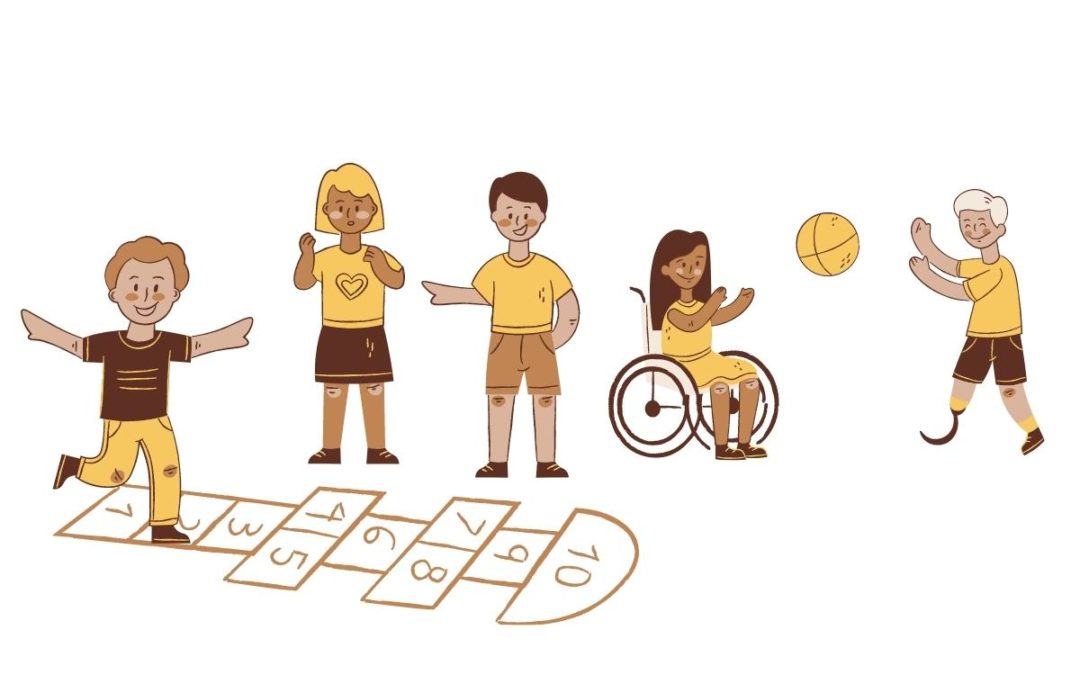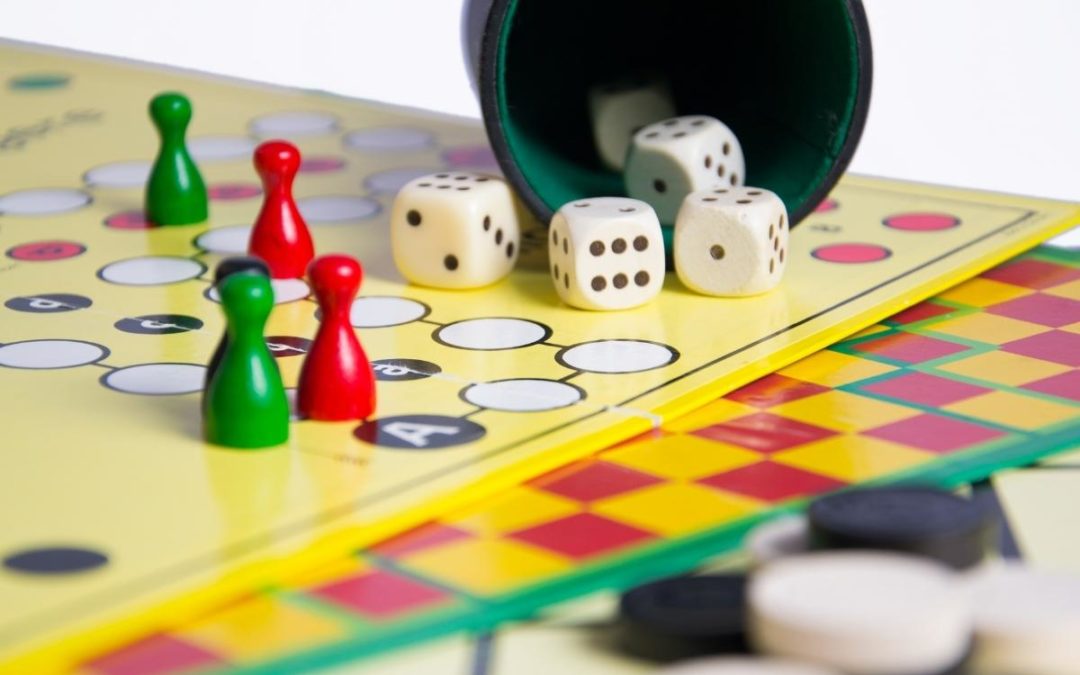What to do when a relationship turns sour

As parents, we spend much of our lives teaching our youngsters and helping them to navigate the twists and turns they encounter along the road of life. We share our “been there, done that” wisdom, comfortable in the knowledge that we are going to be able to patch them up and send them on their way when they get hurt. However, I am discovering that once you get past the age of skinned knees, there are hurts that Band-Aids and kisses just won’t help. I’m talking about the hurt that comes from the dissolution of a friendship. One thing I never expected as a parent is that my children and I would have the same problems, much less at the same time. Recently, however, that changed, and one of my sons and I found ourselves struggling to understand the sudden changes that occurred in the dynamics of friendships. In my son’s case, the change was swift and left no doubt as to what was happening. We’re talking about children, after all. When they abandon one another in favor of another friend or group, they tend to make it rather obvious. “You aren’t my friend anymore” is almost as commonly heard on the playground as “You’re it!”
My situation involved the sudden ceasing of communication and grown-up playdates. In a nutshell? Bigger kids, different playground. Personally, I can’t help wondering if a child’s straightforward “you aren’t my friend anymore” approach wouldn’t have been preferable. At least you know what you’re dealing with!
In both cases, the situations were painful and perplexing. When we make a friend, whether at 3 or 43, it is a process that is usually based on some sort of commonality. Once the commonality is established, it moves on to a tentative trust. A “hey, I like you,” where you begin to open up more, sharing things from mindless gossip and chitchat, to deeper thoughts and feelings about more important issues. what do you do about it? According to family therapist Theresa Moore, LCSW, LPC, often when a friendship ends, it is because one person is no longer willing or able to handle his or her own emotions within the friendship.
“Fair-weather friends are usually the result of unmet expectations,” she explains. “We all have our ideas of what friendship should look like, and unless we know each other well and have learned how to accommodate each others’ weaknesses and quirks, it won’t last but for a season.”
While that may sound disheartening, there are some things Moore says you can do before throwing in the towel on your fair-weather friend. The first is to apologize if you realize that you have made a mistake that has caused harm in the relationship. In addition to apologizing, you should try to make amends.
“Making amends is the change in your behavior that shows your sincerity,” she explains.
If to the best of your knowledge you have not done anything to cause the fallout, then Moore says you have several options. The first is that you can try to talk to your friend about the change, but it carries the risk of things not turning out the way you expect or want. The second is to give it time to return to normal, but understand that this can be emotionally awkward and sad. Finally, you can allow the friendship to change or allow it to go. If you choose the latter, it is sad, hurtful and sometimes even angry. None of these options is easy.
Both my son and I chose the “talk to your friend about the change” option. Fortunately for my son, when the other child realized that his behavior was hurtful, he apologized, and although they aren’t as close as they were, the blatantly rude behavior has stopped. Unfortunately, I didn’t fare quite as well, and it is, as Moore cautioned, emotionally awkward and sad. Although the outcomes were vastly different, both my son and I learned something from these experiences, and we are a little wiser, albeit a little bruised. The bottom line is, people come and go in our lives for a reason. Discerning who is in for the long run and who is just passing through is a lesson it seems that we never stop learning.









0 Comments